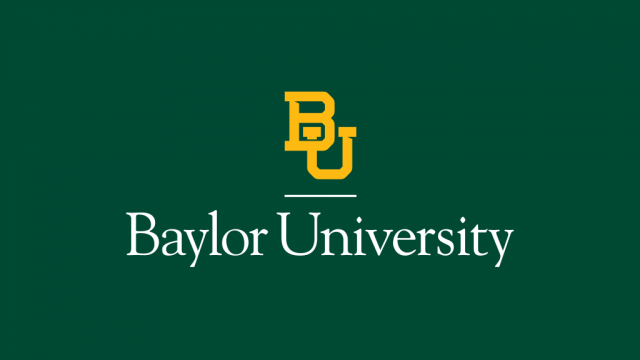Newswise — MBA students at Baylor University's Hankamer School of Business examined programs and issues laid out for them by top executives in the Texas State Comptroller's Office.
The students consulted for programs in the Treasury Office, the Texas Treasury Safekeeping Trust Company, the Special Programs Office and the Tax Administration Office.
"If the students don't experience real-world programs, then they aren't growing," said Karen Mittendorf, assistant director of graduate student services in graduate business programs. "Problems they faced with the state as a client taught them that they couldn't always make everything right."
Planners of the program exercised their own creativity when they started looking at how the students would interact with the state. Mittendorf said she and Carini met throughout the summer to figure out a structure that would work. The major differences between the Comptroller's Office and businesses that have partnered with Baylor, such as Dell or American Airlines, are the state's nonprofit status and the complex issues state representatives asked the students to examine.
The MBA student structure was developed to mimic a corporate organization chart and students included the appointment of a student CEO having oversight of eight project directors. Specifically, students in their first and second semester of the master's program were put into 16 teams. Each team of four students researched a different aspect of an issue and reported to a leader. Leaders reported to project directors, working in pairs. The eight project directors and the CEO were all third-semester students, about to graduate. The CEO reported to a board of directors made up of MBA faculty.
Mittendorf said the project directors also learned valuable lessons about the differences between people. One director told her that another had used a "go-to-the-mountain speech" to inspire one of the teams and it worked. But the same approach used with a different team resulted in blank stares: "They realized that what worked with one group didn't work with another one. They had to take a different approach."
Paul Faya, who served as CEO, said he discovered that managing attitudes in general was extremely tough. "If grades don't motivate them, what could I possibly do? I didn't have rewards or punishment other than verbal reinforcement." Faya said his biggest challenge was going from a peer relationship with other graduate students to an authority relationship, and it made him realize how important people management is. "In school you overlook HR (human resources), but people are so important. If you don't have the skill sets like decision-making ability, it's going to be a challenge."
Andy Ruth, director of special programs in the Comptroller's Office, saw "an expert, energetic and resourceful group of students." Ruth was a liaison for one of the MBA teams. For the college savings program, they researched such topics as how to reach grandparents who are already contributing to their grandchildren's education. "This is the kind of resourceful marketing research that the state would have had to pay handsomely for if they had had to pay for marketing consulting," said Ruth. "Whoever hires them will be getting some very, very fine MBAs."
He pledged that the students' ideas for marketing the college fund's tax benefits would not gather dust on a shelf. "They had some useful ideas that I believe we could bring to the board of the Texas Tomorrow Fund. Eventually, some are likely to percolate up and see that light of day in the form of a new service, some new approaches to marketing."
